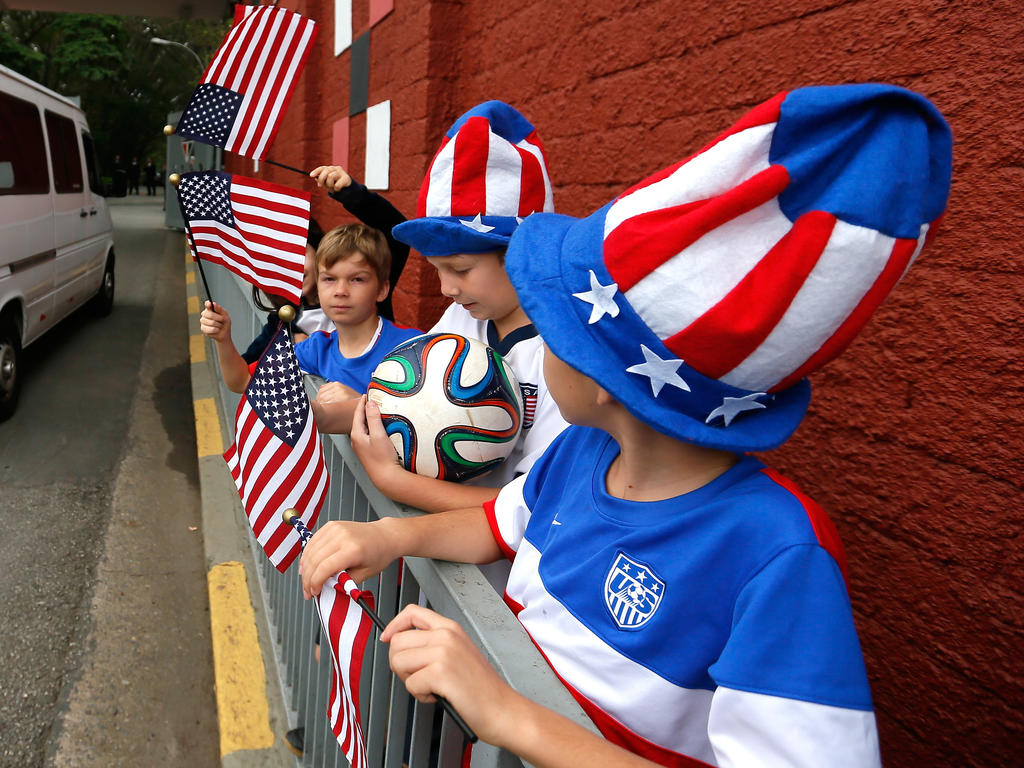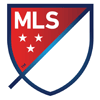USA: Soccer eyes new boost from WC

Football has never really been an American passion. But like an increasing number of her compatriots, Lauren LeBer says she is looking forward to the start of the World Cup.
"It's going to be awesome," says LeBer, a bartender at the Lucky Baldwins pub in Pasadena, California. LeBer surveys punters - Americans mostly - watching a US friendly match on big screens ranged around the bar, days before Thursday's kickoff of the beautiful game's biggest tournament in Brazil.
"We've seen a lot more Americans really get into it," added LeBer's manager, A.J. Jones. "It's going to be pretty packed in here, pretty excited" once the World Cup gets under way, she told AFP. Football is far from being on par in America with baseball, basketball or (American) football. A recent Washington Post-ABC News poll showed that just under three in 10 people consider themselves to be fans of professional soccer. A similar number said they planned to watch World Cup matches.
But a natural fan base born out of the country's popular youth soccer programs could change that.
The women's game first attracted attention -- think "Bend it Like Beckham," the 2002 British movie in which two teenagers aspire to head for the United States to rise above the local league level.
Former England captain David Beckham -- from whom the film got its name -- then become a key force in popularizing the men's professional game here, spending six years with the Los Angeles Galaxy from 2007. But that was not the first attempt to sell the world's most popular game to skeptical Americans, for whom football means huge shoulder pads and quarterbacks.
In the 1970s, the North American Soccer League (NASL) recruited foreign stars like Brazil's Pele and Germany's Franz Beckenbauer to inspire the locals. The league folded in 1984. But the decision to award the 1994 World Cup to the United States - the final between Brazil and Italy was held at the Rose Bowl in Pasadena, just down the road from the Lucky Baldwins - gave it a bigger boost.
A year later, a new professional championship was born. Major League Soccer (MLS) has gone from strength to strength since then, with Beckham's Galaxy side winning the league twice, in 2011 and 2012. In February this year, the former Manchester United and Real Madrid midfielder announced that he plans to build a MLS club from scratch in Miami.
Former US midfielder Cobi Jones, who played for English Premier League club Coventry City before spending 11 years with the Galaxy including years with Beckham -- said the game has changed beyond recognition. The 1994 World Cup was the turning point, he said. "There really wasn't soccer here in '92, '93. It was a very niche sport... it was more of a hobby for a lot of players," Jones told AFP.
Twenty years ago, the US team beat their own goal of making it through the first round against Colombia and meeting eventual champions Brazil in the second, going down by "only" 1-nil, he said.
"Everybody was a little surprised, a little shocked, but I think everyone became fans after that."
Perhaps the biggest sign that football has made it in the US was the $250 million, three-year rights deal struck by US broadcaster NBC with the globally popular English Premier League (EPL) in 2012.
At the time, NBC Sports Group chairman Mark Lazarus said the league was "on the cusp of exponential popularity growth" in the United States.
The explosion of cable channels showing football in the US has made Spanish, German, Italian and Mexican league matches available. Of course, even more matches are viewable with the click of a mouse.
On the US West Coast, soccer is boosted by the huge Hispanic community, which brings Mexican and Latin American passion to the game at Sunday morning matches all over the state. The New York Times last month highlighted the growing popularity of soccer - and particularly the EPL - among creative types in New York, calling it the Kylie Minogue of sport: "huge everywhere but here." The Washington Post-ABC News poll showed that nearly half of those polled (46 percent) believe professional football will become more popular in the US over the next decade.
Team USA faces a tough challenge in Brazil: it is in Group G with Ghana, Germany and Portugal, in which the two European sides are clear favorites to go to the next round. But former star Jones, who now works as a commentator and analyst, said he is confident America will one day go all the way. "The US will win the World Cup one day, and a lot sooner than people think," he said. "It's only a matter of time."









